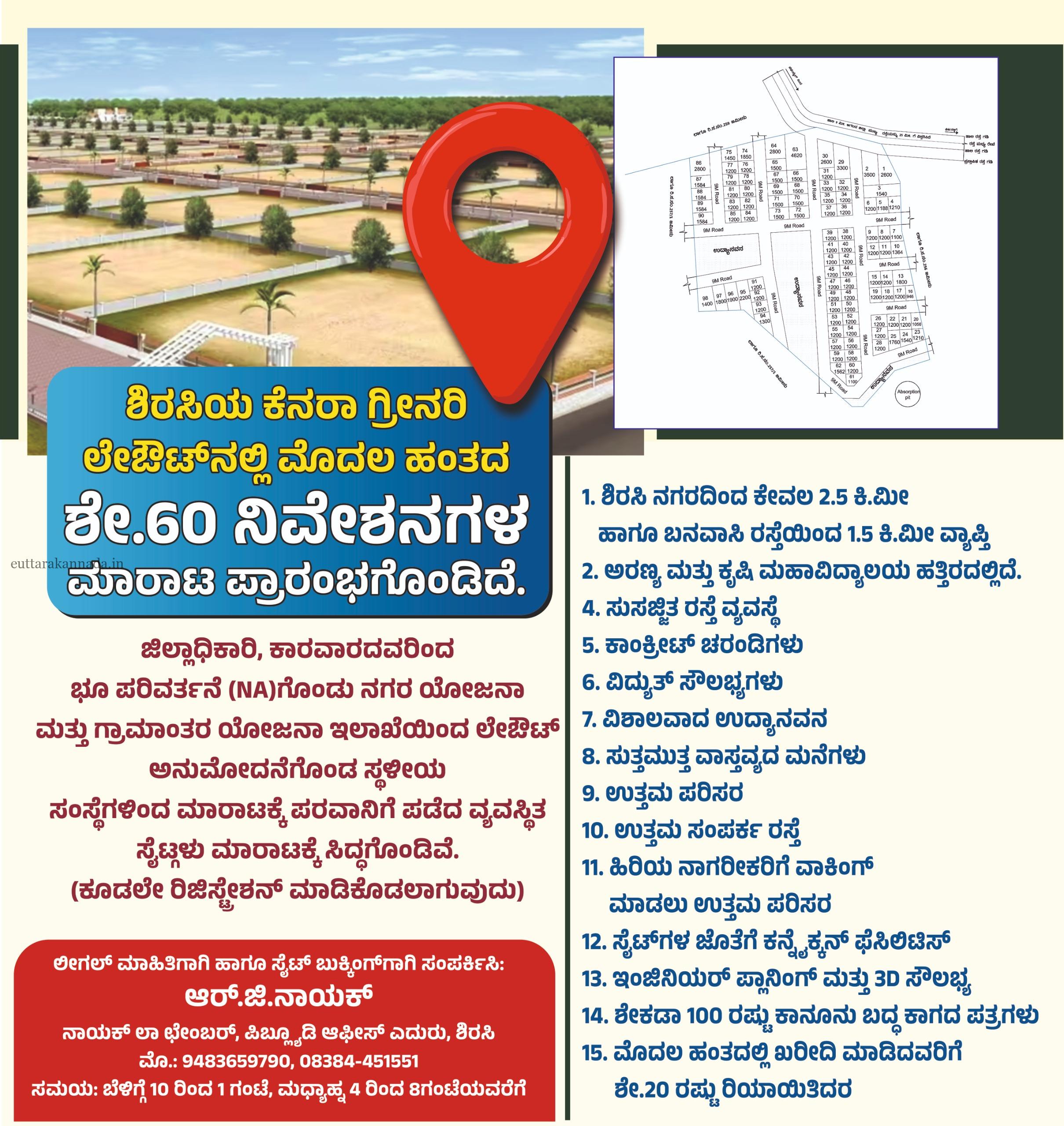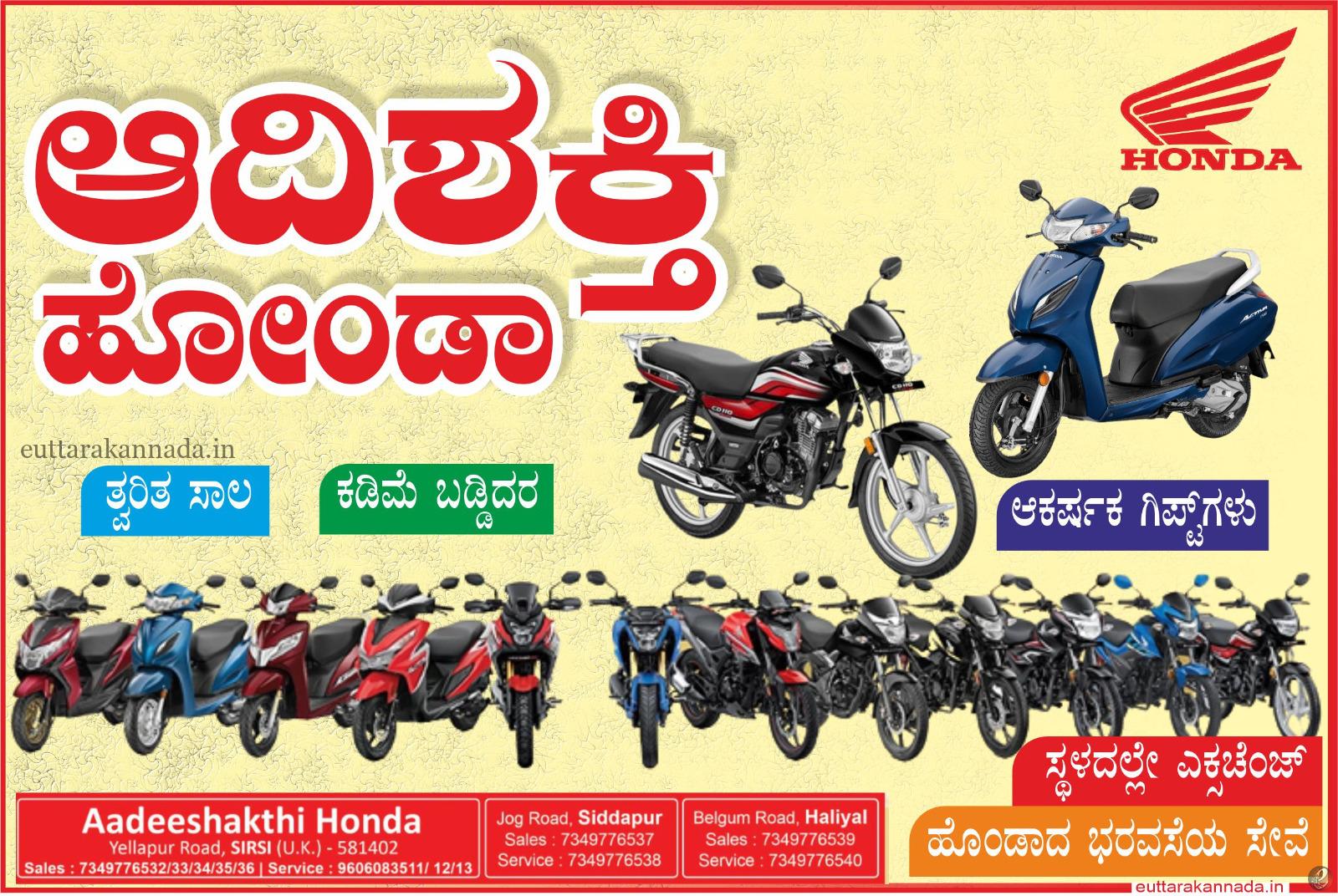The central government on Friday invoked its emergency powers to direct YouTube and Twitter to remove links of the BBC documentary which has been “selective” truth about Prime Minister Narendra Modi’s role in the 2002 Gujarat riots. Of course, the so-called liberals har happy with this documentary giving them another chance to rant about the “suppression of freedom of expression”. However, their happiness will go away when they will learn that there was a time when former Prime Minister Indira Gandhi.
The story behind Indira Gandhi banning the BBC for two years during the 1970s is quite interesting!
The BBC broadcast the UK premiere of Calcutta, a documentary film by acclaimed French director Louis Malle, on British television. The film, shot in and around Calcutta between 1968 and 1969, was by all accounts a visually rich, ‘impressionistic portrait’ of India’s second most populous city, and one of the world’s most intriguing socio-cultural centers.

Following a brief visit to Calcutta in 1967, Malle—who is now perhaps best remembered for films such as Pretty Baby (1978), the critically acclaimed Au revoir les enfants (1987) and Damage (1992)—had returned to India in 1968 and immersed himself ‘and his camera’ in the life of the intensely sprawling city. He concentrated on uncovering hidden existences within Calcutta; creating a sinuous visual narrative of the city in which people and street events became the subjects of the filmmaker’s attention.
Basically, he focused more on poverty than on the “working classes”. Of course, the Indira Gandhi government was not happy with this.
So, the Indian High Commission (HC) received complaints about the documentary being highly biased against India. It reached out to the UK Foreign Office (FO), which indirectly said they couldn’t interfere with BBC. The Indian HC asked the BBC to pull the documentary series from their schedule, and warned that their role would become superfluous if they continued to “vitiate the minds of the British people against India”.
Therefore, according to a research paper, on 29 August 1970, “the BBC was expelled from India by order of Indira Gandhi’s socialist government, under a hail of neo-imperialist criticism.” The BBC representative in New Delhi, Mark Tully, and correspondent Ronnie Robson were informed of the GoI’s decision to close the BBC office in the capital within the next 15 days.
In India, there was near-unanimous political support for “taking the BBC to task” over their “anti-India sentiments”. A long series of biased coverage for years after Independence culminated in this ban.
The BBC had shown Dom Moraes burning his Indian passport (not surprised at all) during the 1961 Goa liberation movement. Similarly, their coverage of the 1965 war and the 1969 Ahmedabad riots (surprised there were riots before 2002) was “neither forgotten nor forgiven.”
In the 1950s while India had become a key player in the Non-Aligned Movement (NAM) Pakistan signed CENTO pact with Britain, the US, and others. This defined how the BBC would approach India, and their relationship with All India Radio (AIR), on which they depended a lot, soured.
In 1954, Stanford Univ. surveyed 42 exchange students from India out of which 41 listened to BBC (and obviously AIR). So Stanford concluded that the BBC was popular in India for its objectivity, truth-telling, and authority. Sample size, or a bad sample, is not a new issue. It was this reach of the BBC, even through regional languages such as Hindi and Bengali, that made the GoI monitor its content.
With the Cold War causing a geopolitical alignment between Britain, the US, and Pakistan, the coverage in the 60s was especially biased against India. The opposition to the ban on the BBC came not much from political opponents, but from the print media.
The Statesman, The Hindustan Times, Indian Express, and The Hindu all opposed the govt. move in what they considered as selective censorship and a blow to media freedom. Of course, there was the Soviet angle – for India was quite close to the Soviets.
The BBC reentered only in the late 1971, and its reporting of the 1971 war was one of the reasons. And then came 1975 Emergency imposed by our former Prime Minister Indira Gandhi. Of course, it had to find ways to come to India
Besides, a statement was also signed in the year 1975 by 41 Congress MPs accused the BBC of broadcasting “notoriously anti-India stories” and asked the government “not to allow the BBC to report again from Indian soil”. The BBC never missed an opportunity to malign India and willfully misrepresent the country, the statement said.

















